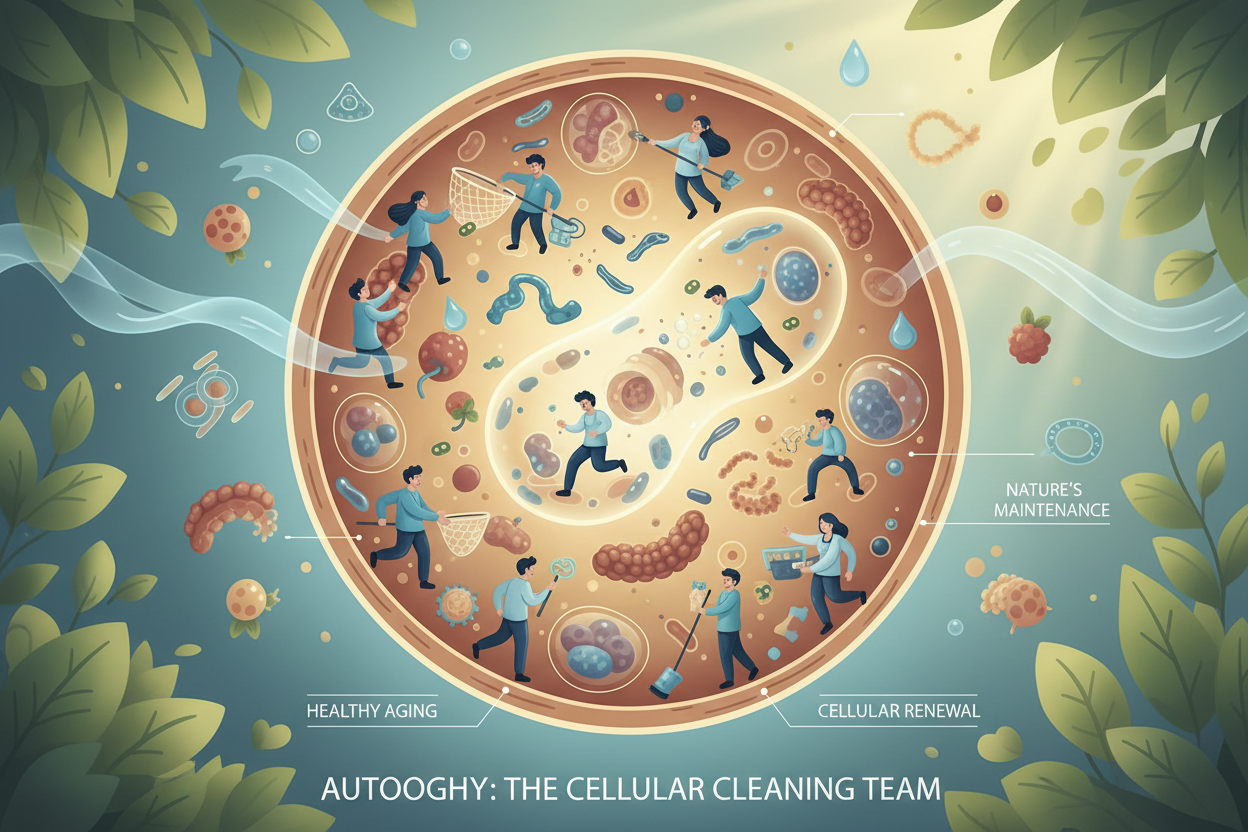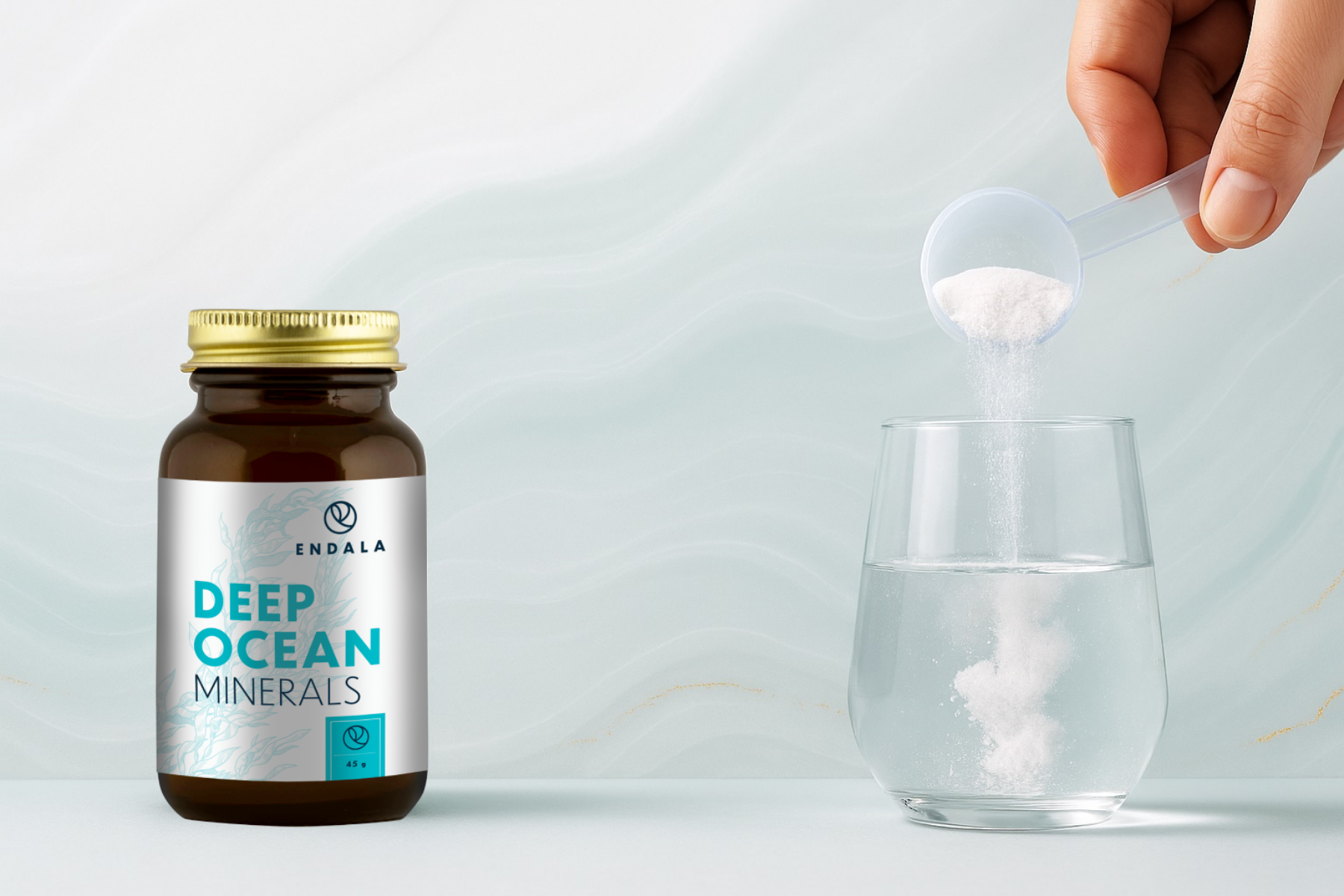
Filter as Cosmetics: Why Water Affects Our Skin More Than the Most Expensive Cream
Every woman knows it. We try to find a cream that will finally soothe, tighten, or brighten our skin. We search. We try. We read reviews. We invest. And yet, something seemingly remains unchanged. Skin that continues to feel tight, itch, and react. But what if the problem isn’t in what we put on our skin – but in what we wash off every day?
Water. An element so obvious that we overlook it. Yet water is the first and last contact our skin experiences every day. In the morning, when we wash our face. In the evening, when we cleanse our skin. In the shower, in the bath, when removing makeup. And yet we talk less about its quality than about the composition of a serum that cost us half a paycheck.
In most households, hard, chlorinated water flows from the tap. Water that is microbiologically safe, but biologically mismatched with our skin. The water that flows over our face and body daily also carries traces of chemicals – especially chlorine, whose purpose is to protect. But in our internal environment, it rather causes a loss of balance.
Water that was supposed to heal, yet irritates
Chlor as a disinfectant helps to destroy pathogens in water distribution systems. It is an important step – but its effect does not end with filtration. When this water comes into contact with our skin, there is a disruption of the natural protective barrier, to microscopic drying and chemical stress, which we often cannot cope with using facial cosmetics.
According to dermatological studies, chlorinated water increases transepidermal water loss (TEWL), weakens the skin microbiome and may contribute to chronic irritation or inflammation – even in women who have never experienced sensitivity.
Skin that reacts but doesn't seek attention
The body sometimes reacts quietly. Tight skin after a shower. Fine flakes around the nose. Loss of radiance. Pores that remain enlarged even when we are "doing everything right." We often change creams, try a new brand, invest in a beautician – and the results do not come.
But we rarely think to take a look at the very beginning of the entire care process – on water.
Because it is her decides what effect everything that comes after it will have.
How hyaluronic acid is absorbed. How long hydration lasts. How the skin tolerates retinol.
Filter as the first layer of cosmetics
There are shower and sink filters available on the market today that they remove chlorine, heavy metals, and pesticide residues from water, while also enriching the water with nourishing ingredients. These include, for example, Washik – filter that uses vitamin C for neutralizing chlorine, and at the same time supplies water hyaluronic acid, fish collagen, plant extracts, and coconut oil.
It is cosmetics that start earlier than on the skin.
Water that no longer harms, but cooperates.
A touch that doesn't take away, but restores.
Fewer products, more balance
Women who started using filtered water often report that suddenly need fewer products. The skin "doesn't cry for help" as much. It burns less, swells less, reacts less. The return to natural balance is gradual but noticeable.
Because it is not about correction, but about prevention. About gentle, daily contact with something that respects the skin. And sometimes that is more than a thousand active ingredients in a jar.
Care that starts at the tap
We might not even notice it. And yet – the water we splash on our face every day has power. To weaken or to protect. To dry out or to soften. To irritate or to restore.
And perhaps it is precisely in that quiet beginning of care that lies the greatest key to skin that will be calmer. Brighter. Softer. Truly ours.



Leave a comment
This site is protected by hCaptcha and the hCaptcha Privacy Policy and Terms of Service apply.